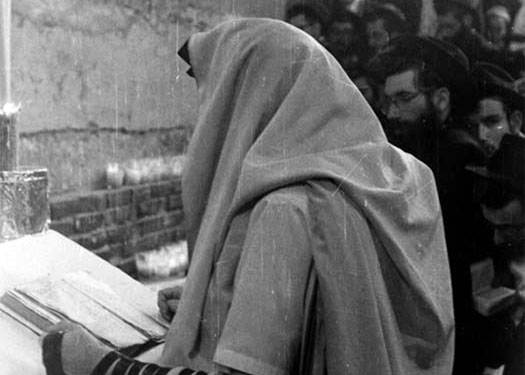Infinity in 40 Years
The more personal the more relatable. Moshe Rabbeinu said the book of Devorim from his own accord. That is, Moshe Rabbeinu taught the Torah over from his own understanding based on how deeply integrated it had become with his mind. Accordingly, we can know why this sefer, the fifth book of the Torah, was said at the 40th year. This was complete exposure of the entirety of Torah. The way the Torah was understood by Moshe Rabbeinu caused that it should be understood by the…









